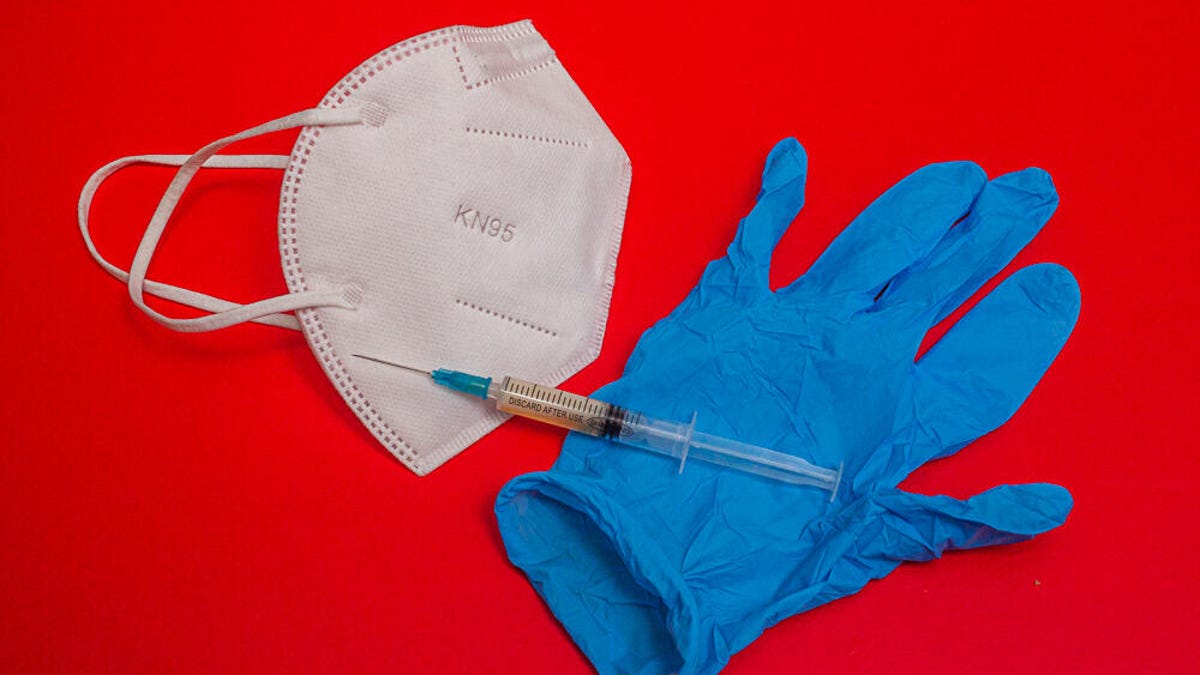Facebook finds that half of most vaccine-hesitant posts come from just 111 accounts, report says
Facebook says it's working to combat posts that contribute to "vaccine hesitancy."

Facebook has been working on removing anti-vaccine conspiracy theories from its platform, having banned false and misleading statements since December. However, some posts that aren't factually wrong but could cause "vaccine hesitancy" aren't necessarily violating any policies -- and Facebook has reportedly found that half of most of this gray-area content has been contributed by just over 100 accounts.
Facebook data scientists have split US users, groups and pages into 638 population groups of at least 3 million people, according to a report this week by The Washington Post, which cited internal Facebook documents. Just 10 of these segments were responsible for 50% of all vaccine-hesitancy posts, and in the segment with the most vaccine-hesitant posts, only 111 accounts contributed such content.
Read more: You can now book your COVID-19 vaccine appointment with Facebook. Here's how
Vaccine-hesitant posts contribute to spreading fear and distrust of the COVID-19 vaccines. Facebook has been combating such vaccine hesitancy, looking into why some people might not want to get the coronavirus vaccine and how the social network can help address those concerns. On Monday, Facebook announced it'll be providing data and insights on "vaccine attitudes" to help public officials worldwide understand why some people are feeling hesitant about the vaccines. The dashboard draws from public data.
"Public health experts have made it clear that tackling vaccine hesitancy is a top priority in the COVID response, which is why we've launched a global campaign that has already connected 2 billion people to reliable information from health experts and removed false claims about COVID and vaccines," Facebook's Dani Lever said in an emailed statement. "This ongoing work will help to inform our efforts."
As well as fighting to take down vaccine misinformation from its platform, Facebook has this week integrated COVID-19 vaccine appointment booking through the social media site.

